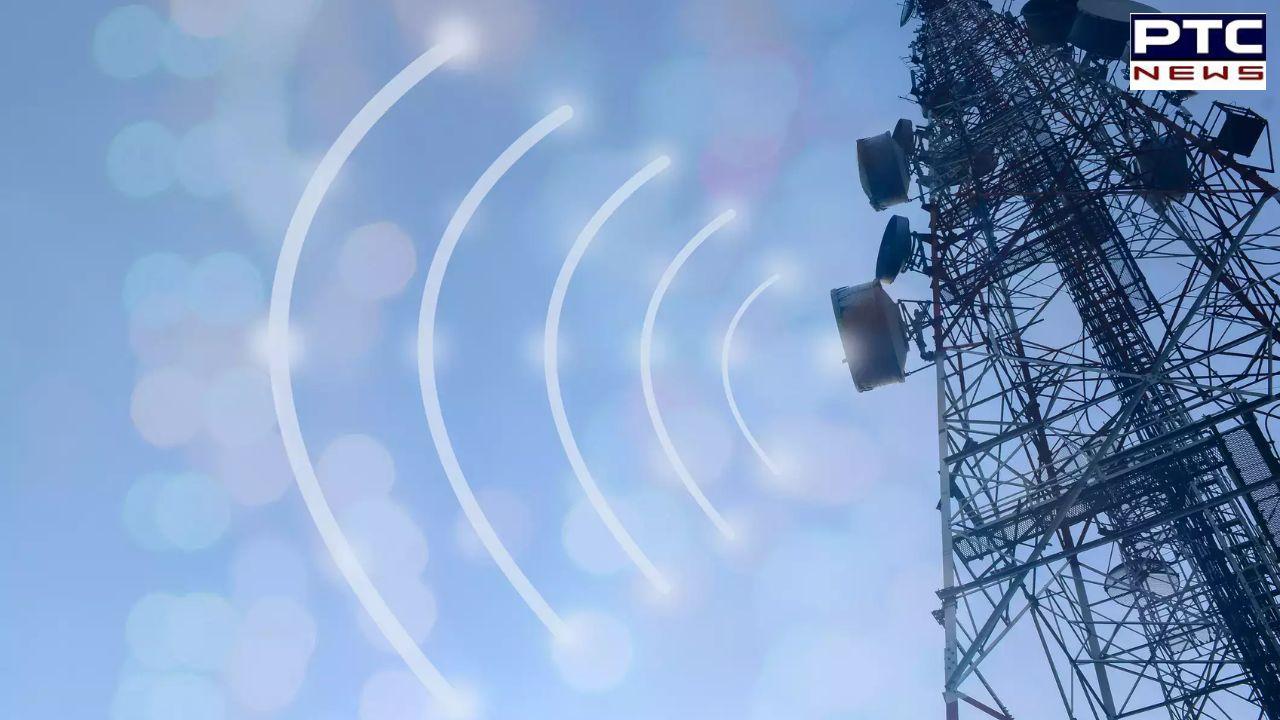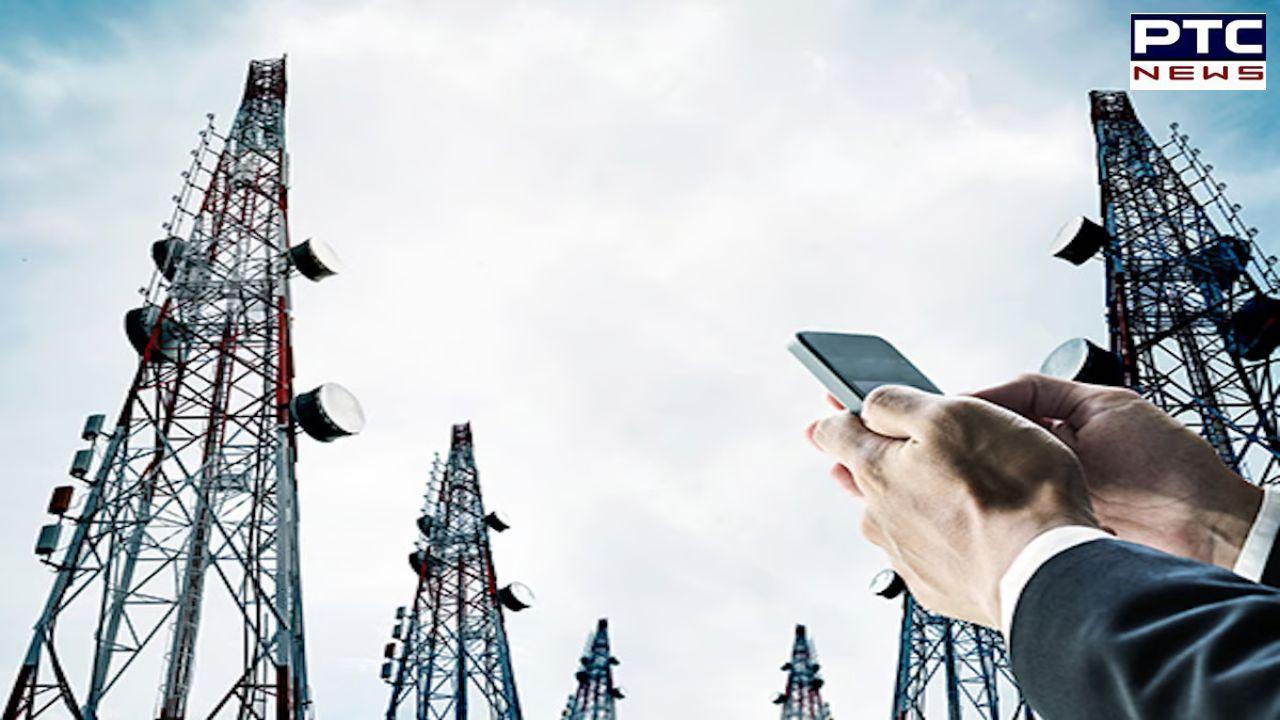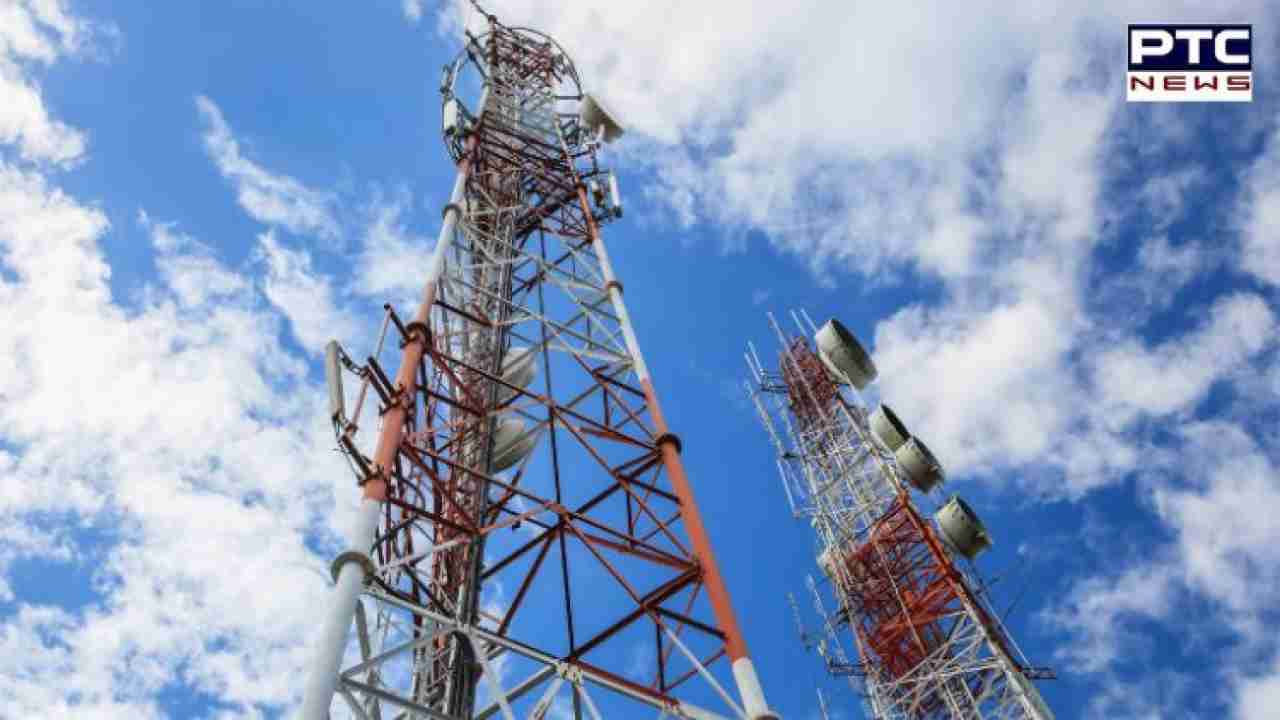New telecom law comes into effect from June 26 ; Know all about it
This new telecom law will replace both the Indian Telegraph Act of 1885 and the Indian Wireless Telegraph Act of 1933

New telecom law : Introducing significant changes aimed at modernising the telecom sector in India, new provisions under the Telecommunications Act 2023 come into effect on June 26.
This new telecom law will replace both the Indian Telegraph Act of 1885 and the Indian Wireless Telegraph Act of 1933, addressing significant technological advancements in the telecommunications sector.
It also includes provisions for spectrum allocation and related matters.

The government notification reads, “The Telecommunications Act, 2023 (44 of 2023), the Central Government hereby appoints the 26th Day of June 2024, as the date on which the provisions of sections 1, 2, 10 to 30, 42 to 44, 46, 47, 50 to 58, 61 and 62 of the said Act shall come into force.”
All you need to know about new telecom law
Government Control Over Telecommunications
Starting June 26, the government will have the authority to take over the control and management of any or all telecommunications services or networks. This measure is intended to safeguard national security, maintain friendly relations with foreign states, or respond to situations of war.
Changes in SIM card registration
Under the new telecom law, one can have a maximum of nine SIM cards registered to their names. However, residents of Jammu and Kashmir and the Northeast are limited to six SIM cards. Anyone with more SIM cards than the set limit after June 26 may face a fine ranging from Rs 50,000 to Rs 2 lakh.

Commercial messages
Under the new telecom law, operators who send commercial messages without user consent may incur penalties of up to Rs 2 lakh and risk being banned from providing services.
Installation of mobile towers on private property
Under the new telecom law, the government can authorise telecom companies to install mobile towers or lay telecom cables on private properties, even without the landowner's consent.
Exemptions for Journalists
Messages sent by journalists with state and central accreditation for news purposes are not subject to surveillance. However, calls and messages from accredited journalists may be monitored and restricted if their reports are deemed a danger to national security.
